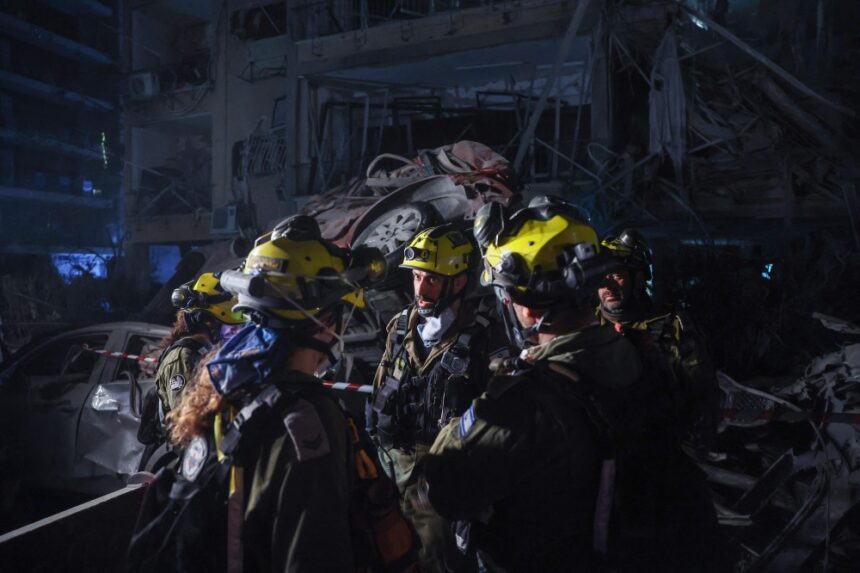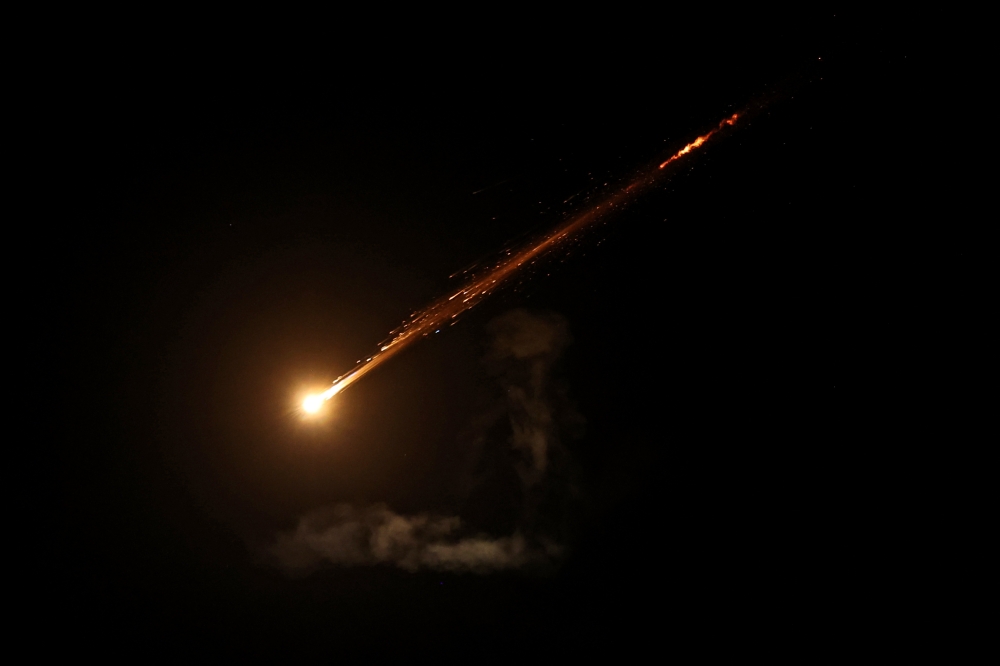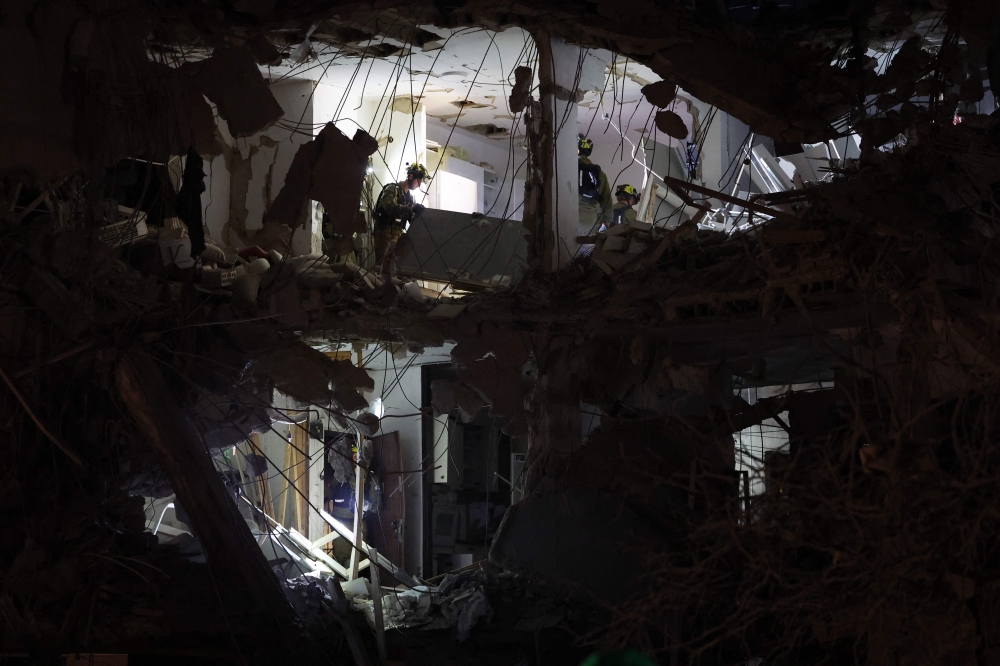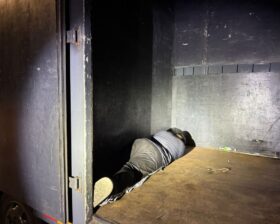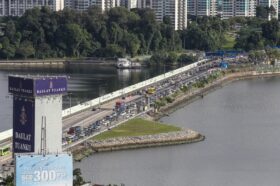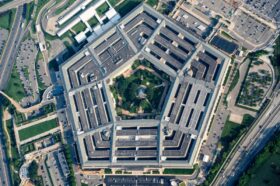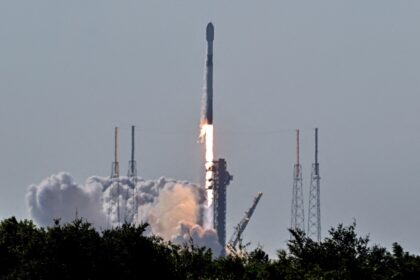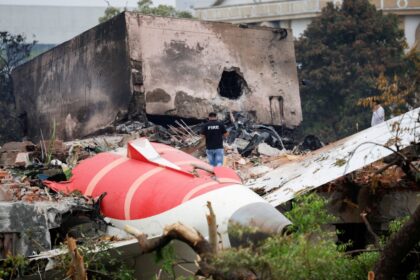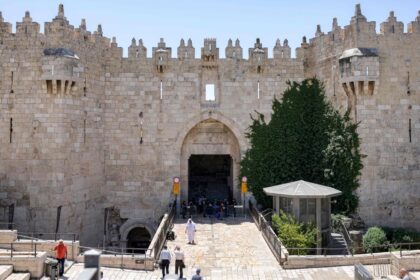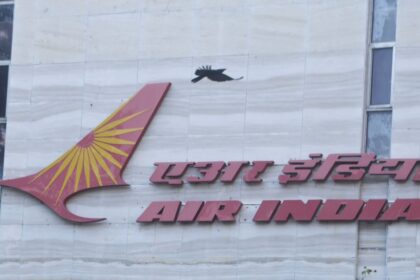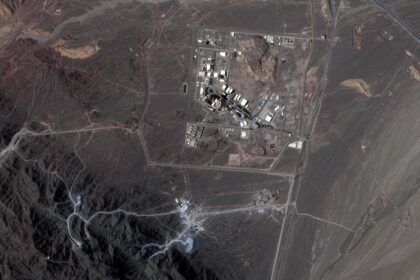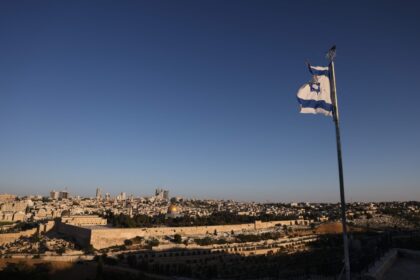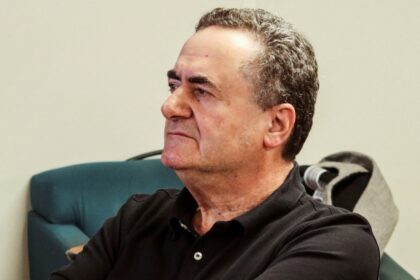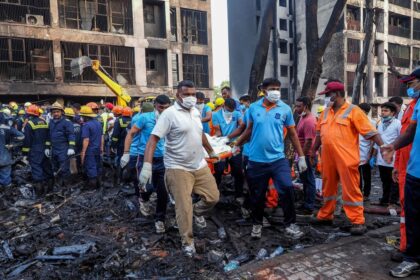JERUSALEM, June 14 — Israeli airstrikes yesterday hit dozens of targets across Iran, including nuclear sites, as well as killing several top military commanders and nuclear scientists.
Iran called the attack “a declaration of war” and launched missiles at Israel hours later.
US President Donald Trump — insisting his country was not involved — warned Iran the next planned attacks will be “even more brutal”.
International calls for restraint are multiplying, as fears grow the Middle East could be on the threshold of a broader conflict.
Here is what we know:
Nuclear sites hit
The attacks started in the early hours of yesterday, a day of rest and prayer in Iran, and continued through the day, on various sites.
A key target was a vast underground nuclear site in Natanz, which Israel hit several times, Iranian state television said.
Radiation levels outside the facility “remain unchanged”, the head of the UN’s International Atomic Energy Agency (IAEA), Rafael Grossi, said.
Israel said it struck another important nuclear site in Isfahan, where Iranian news agency Mehr reported a “massive explosion” late yesterday.
Commanders killed
Top brass killed included the head of Iran’s Revolutionary Guards, Hossein Salami, and the chief of staff of its armed forces, Mohammad Bagheri, with replacements swiftly named by supreme leader Ali Khamenei.
The Revolutionary Guards said that its aerospace commander, Amirali Hajizadeh, was also killed. He was in charge of Iran’s ballistic missile forces.
Iranian media said several nuclear scientists were killed.
State media said senior Khamenei adviser Ali Shamkhani was hurt in one of the strikes.
Ongoing strikes
Additional strikes hit sites in Iran’s north-western East Azerbaijan province, with 18 people killed there, state news agency IRNA said.
The Israeli raids will “continue as many days as it takes”, Prime Minister Benjamin Netanyahu said.
A military spokesman said “more than 200 targets” were hit.
Netanyahu’s national security adviser Tzachi Hanegbi said “there is currently no plan to kill” Khamenei and other political leaders.
Internet restrictions were imposed across Iran, the country’s communications ministry said, adding they would be lifted “once normalcy returns”.
This picture shows a trail from an Iranian rocket in the sky above Jerusalem on June 13, 2025. — AFP picIran’s response
Iran launched dozens of missiles, the Revolutionary Guards and Israeli official said, hours after the Israeli military said “most” of the 100 drones fired by Iran were intercepted outside Israeli territory.
Khamenei warned Israel faces a “bitter and painful” fate over the attacks.
His newly appointed Revolutionary Guards chief, Mohammad Pakpour, said that “in retribution... the gates of hell” will be opened on Israel.
Netanyahu said: “We expect to be exposed to several waves of Iranian attacks.”
There was a state of emergency declared in Israel, and the country closed many of its embassies around the world, including in Britain, France, Germany, Russia and the United States.
‘Declaration of war’
Iran’s foreign minister, Abbas Araghchi, called the Israeli attacks “a declaration of war” and urged action from the UN Security Council, which is due to hold an emergency meeting at 1900 GMT (1am Malaysian time).
Iran had previously warned it would hit US military bases in the Middle East if conflict occurred. The United States pulled out non-essential personnel from several sites days ahead of the Israeli attack.
Trump’s secretary of state, Marco Rubio, said the United States would protect its forces in the Middle East.
“Let me be clear: Iran should not target US interests or personnel,” Rubio said.
US involvement?
Trump said Israel fully informed him of its raids ahead of time, but insisted the United States was not involved.
He warned Iran that the “next planned attacks” will be “even more brutal” and said Tehran should cut a deal to roll back its nuclear programme “before there is nothing left”.
The US leader has repeatedly said he will not allow Iran to develop nuclear weapons.
Trump came to power vowing not to drag the United States into more wars in the Middle East, but some of his domestic political allies are worried the turn of events could lead to that.
Nuclear programme
Tehran has long denied seeking atomic bombs, but had been enriching uranium to a level close to weapons-grade.
The United States and Iran had been holding talks on the issue. The next round, scheduled for Sunday in Oman, now looks to be cancelled.
Israeli troops check a building hit by a missile fired from Iran, in Ramat Gan near Tel Aviv on June 13, 2025. — AFP picReactions
The attack, and likely Iranian response, is fuelling international alarm.
Many capitals were urging restraint, fearing the consequences if the Israel-Iran conflict widened and drew in the United States, and if Middle East oil production and shipments were impacted.
The leaders of France, Germany and Britain were to hold a call to discuss the Israeli strikes, Berlin said. The UN’s atomic energy agency planned an emergency meeting for Monday.
Israel, Iran, Iraq, Jordan and Syria closed their airspaces.
Several airlines cancelled flights servicing the region, including Emirates, Qatar Airways, Air France and Lufthansa.
Others flying through the Middle East, such as Air India, had to turn planes back or reroute.
Oil prices
Oil prices leapt dramatically yesterday, trading sharply up to around US$75 (RM318) a barrel before falling back a little.
Analysts underlined the risk to the 20 per cent of the world’s crude oil supplies that are shipped through the narrow Strait of Hormuz in the Gulf. — AFP
Source: 
Israel-Iran conflict escalates: What we know about the latest attacks

